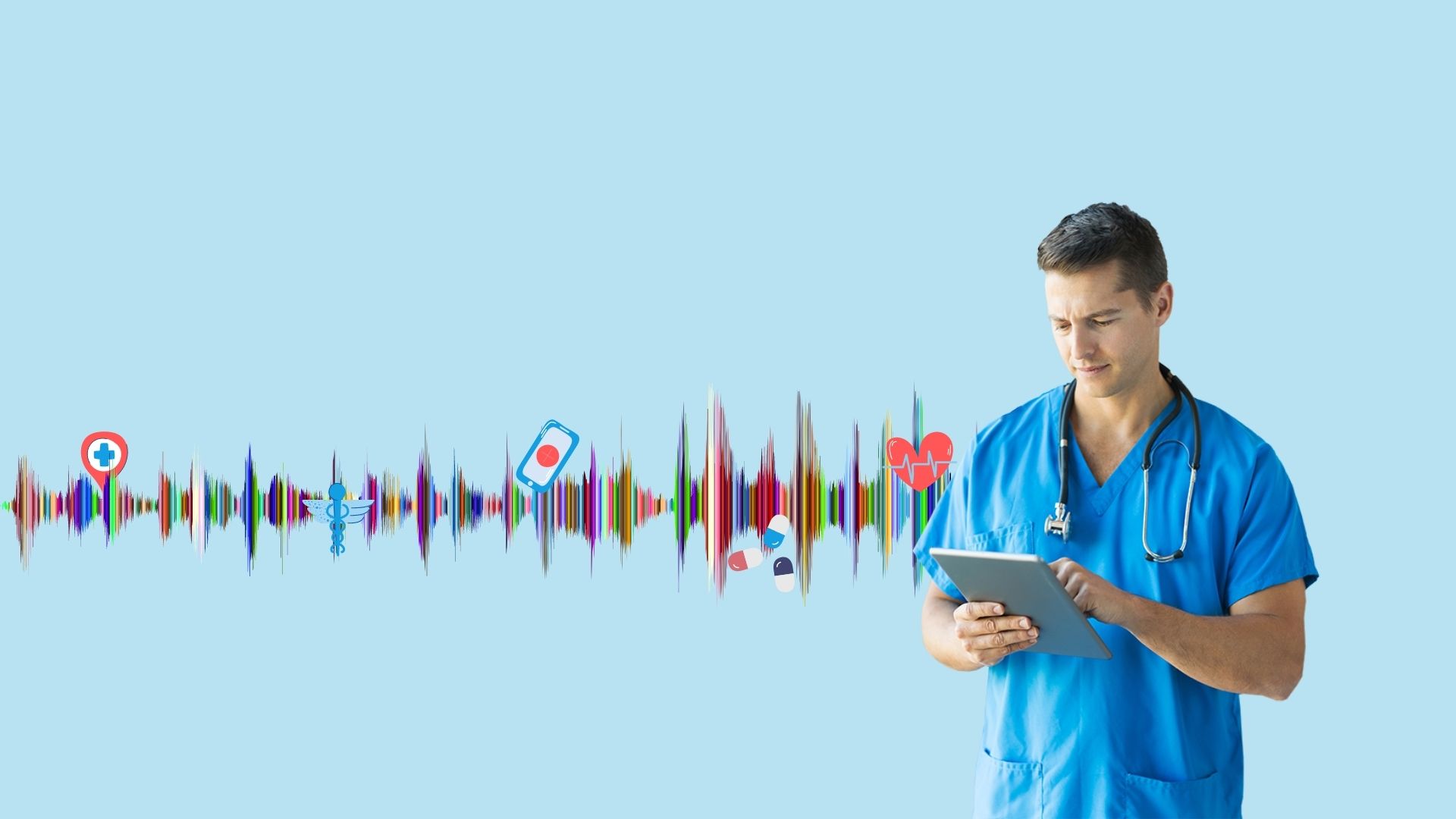Healthcare software
Healthcare software development has always required a careful approach. However, as the COVID-19 pandemic still rages on, healthcare organizations across the U.S. are forced to amend existing infrastructure with modern technologies. While hospitals don’t have much room to maneuver, many tech companies are taking charge of their development situation.
The definition of healthcare software today includes more products and services than ever, and the numbers are constantly increasing. The major sectors are:
- Websites & apps
Web and mobile healthcare software development are currently on the rise as remote healthcare services are highly requested. Telemedicine became an essential element of a better quality of care, enabling the streamlining of medical processes.
- Doctor-patient communication platforms
No matter where patients receive care, they should be given personal support and attention. And this is where online care platforms come into play. Physicians are using such tools for assessing and diagnosing patients, administering treatment, including pharmaceutical and non-pharmaceutical interventions, prescribing drugs, etc.
- Medical staff apps
Medical resource and education apps contain information about drugs, medical articles, or lists of symptoms.
If you’re thinking about using a healthcare mobile app, you might need to analyze the market situation. The pandemic outbreak changed some of the everyday aspects of our lives, and medical software development is now more relevant than ever. People look for information on disease treatment on online platforms, use remote consulting services, check their chronic conditions using health apps. The biggest concern in the industry is the increasing prevalence of chronic diseases such as diabetes, cardiovascular disorders, obesity, and others.
This is why there is an increasing demand for healthtech solutions. Top healthcare software development companies work on products and services that can help doctors to perform remote consultations and monitoring. In addition, these software solutions must adhere to serious standards of delivering the best patient care. The question is – which option to choose between off-the-shelf and custom healthcare software development solutions? Let’s look at both methods so that you can pick the best one for your challenges.
What you get by using an off-the-shelf solution
When it comes to health, some solutions are needed yesterday. And off-the-shelf solutions are a possible compromise to that.
A ready-to-use software product will have a proven track record. It will start with fixed infrastructure, offering you a standard number of tools such as a scheduling platform. The mass-production of such software products also results in a lower cost of development.
However, it may not meet all of the healthcare provider’s requirements. Most off-the-shelf software is difficult to modify, along with healthcare legislation. But recent changes that took place in the industry because of the pandemic proved that there isn’t time to waste.
What you get by using a custom solution
What is custom development in general? Simply put, it is a process of software development that is held according to the customer’s needs and based precisely on his inputs: ongoing challenges, business goals, current requirements. In contrast to off-the-shelf software, it requires careful planning and a well-thought-out strategy.
It is very difficult for health organizations to change their processes to suit a particular software package or application, however efficient it may be. Therefore, software needs to be designed for everything from electronic health records solutions to telemedicine software for rendering 3D medical images. What’s more important, it must work under public health legislation.
Custom healthcare software development helps to:
- optimize medical routines rather than replace them (organizational processes take time, and specific software can help not only maintain hospital activities but also train medical staff more efficiently);
- expanded (it adapts to external factors more easily and new technologies can be integrated into existing medical software);
- deliver better patient care (data-driven diagnostic decisions in different medical scopes save time and money both for patients and health providers).
In conclusion, there’s no one-size-fits-all solution as far as human health is concerned.
Whether you are a healthcare provider, a retail or urgent care clinic, or any other kind of business in the healthcare industry, custom healthcare software is what you need. It is specifically engineered to automate and enhance the handling of your institution’s medical data, health records, patient-doctor interactions, and document management.
By connecting your team with our industry and technical experts, Smart IT empowers intelligent and effective care coordination for health organizations of all sizes and settings of care.
11 January 2022




